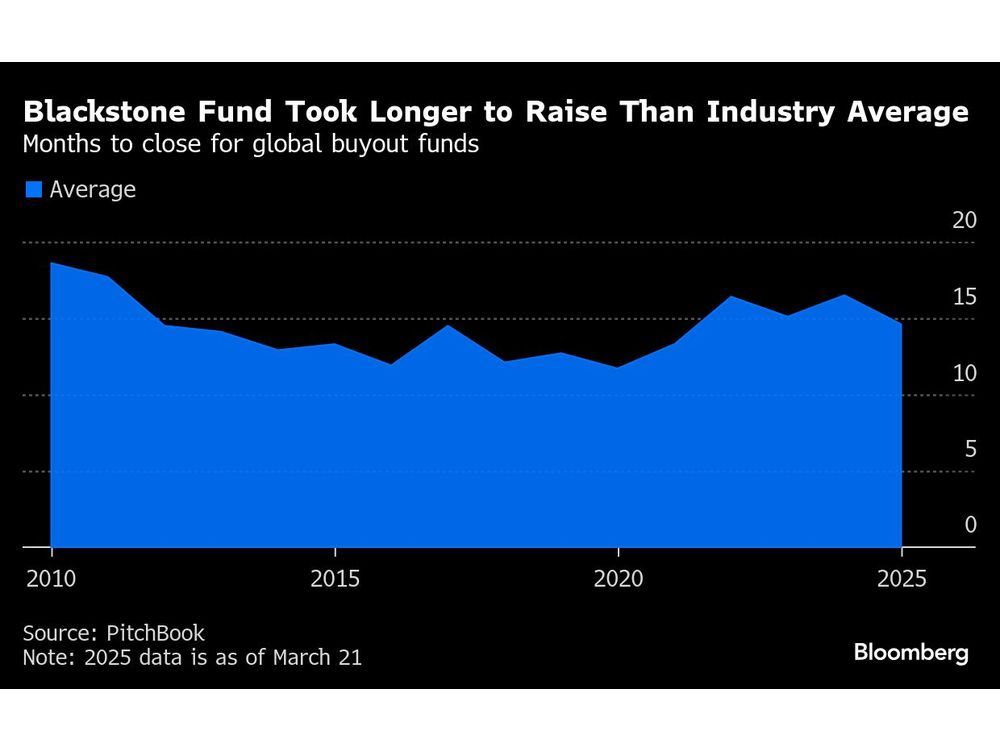A convertible bond is a type of security that can be converted into a predetermined number of shares of the issuer’s common stock at certain times during its life. Convertible bonds typically offer lower interest rates compared to regular bonds because they come with the potential for higher returns if the company’s stock price rises. They are often used by companies as a way to raise capital without immediately diluting existing shareholders or affecting their stock price too much.
Reference [1] explores the lead-lag relationship between convertible bonds and the stock markets. The authors pointed out,
Following the execution of the aforementioned operations, the primary findings of this paper are as follows:
- First, utilizing minute-level high-frequency data, we observe that convertible bonds exhibit a leading role over stocks, both at the index level and the individual stock level.
- Second, through regression analysis, we identify that both the ‘T +0’ rule and wider price limits make significant contributions to the leading effect of convertible bonds on stocks.
- Third, notably, after 1 August 2022, a reduction in the price limit in the convertible bond market to 20% was implemented. To assess this institutional change, we employ a regression discontinuity design (RDD). Our experimental findings reveal that this narrower price limit substantially diminishes the leading effect of convertible bonds on the stock market. This discovery further bolsters and extends the conclusions drawn in this paper.
In short, the paper suggests that convertible bonds tend to lead the stock market.
This study stands out as one of the few that investigates the lead-lag relationship between convertible bonds and stock markets. However, it’s worth noting that the authors focused on the Chinese markets. It would be interesting to examine this lead-lag relationship in the US and other developed markets.
Let us know what you think in the comments below or in the discussion forum.
References
[1] Liwei Jin, Xianghui Yuana, Keji Lu, Shihao Wanga and Zhichao Li, The lead lag relationship between convertible bonds and stocks: a perspective based on trading mechanism, Applied Economics, 2024
Further questions
What's your question? Ask it in the discussion forum
Have an answer to the questions below? Post it here or in the forum

